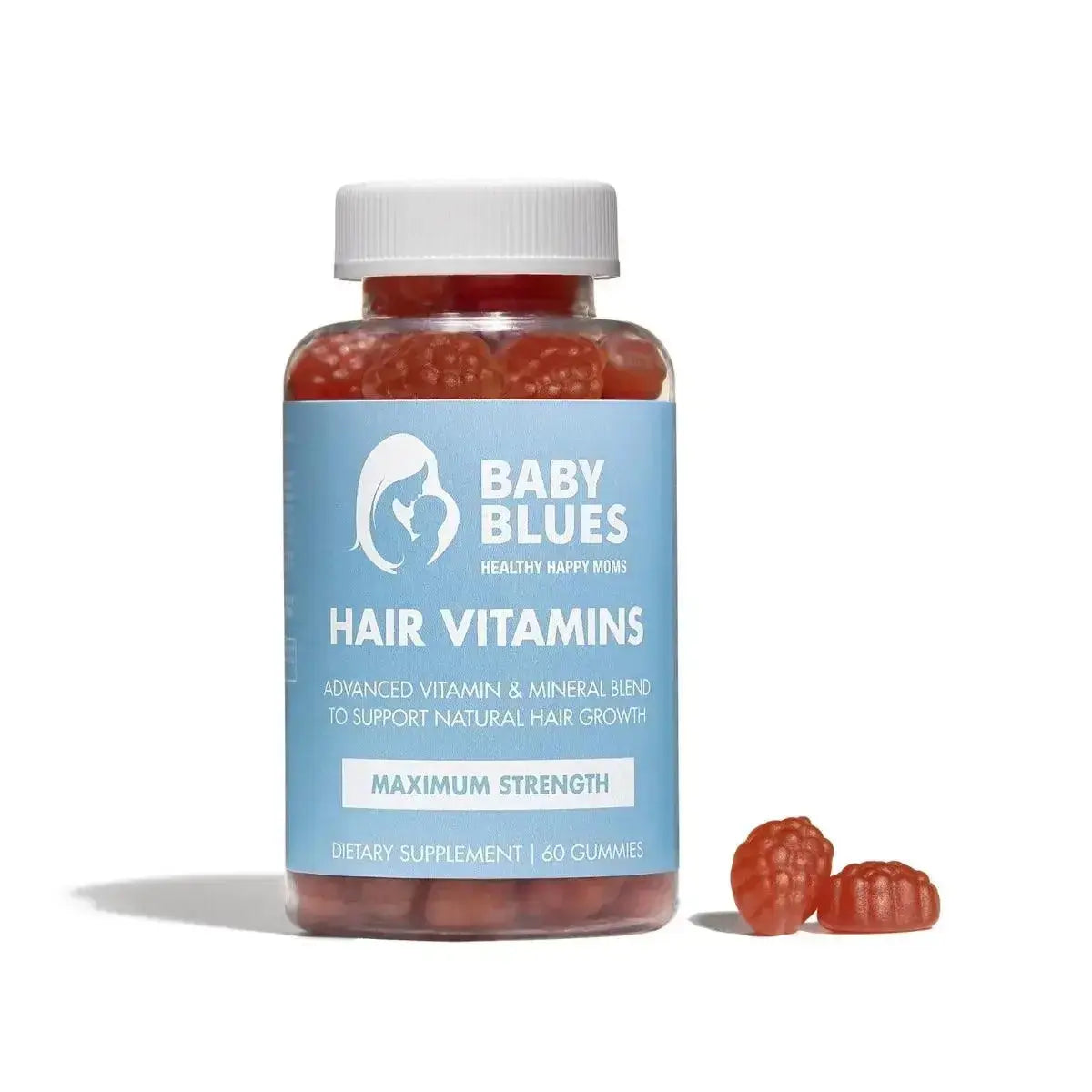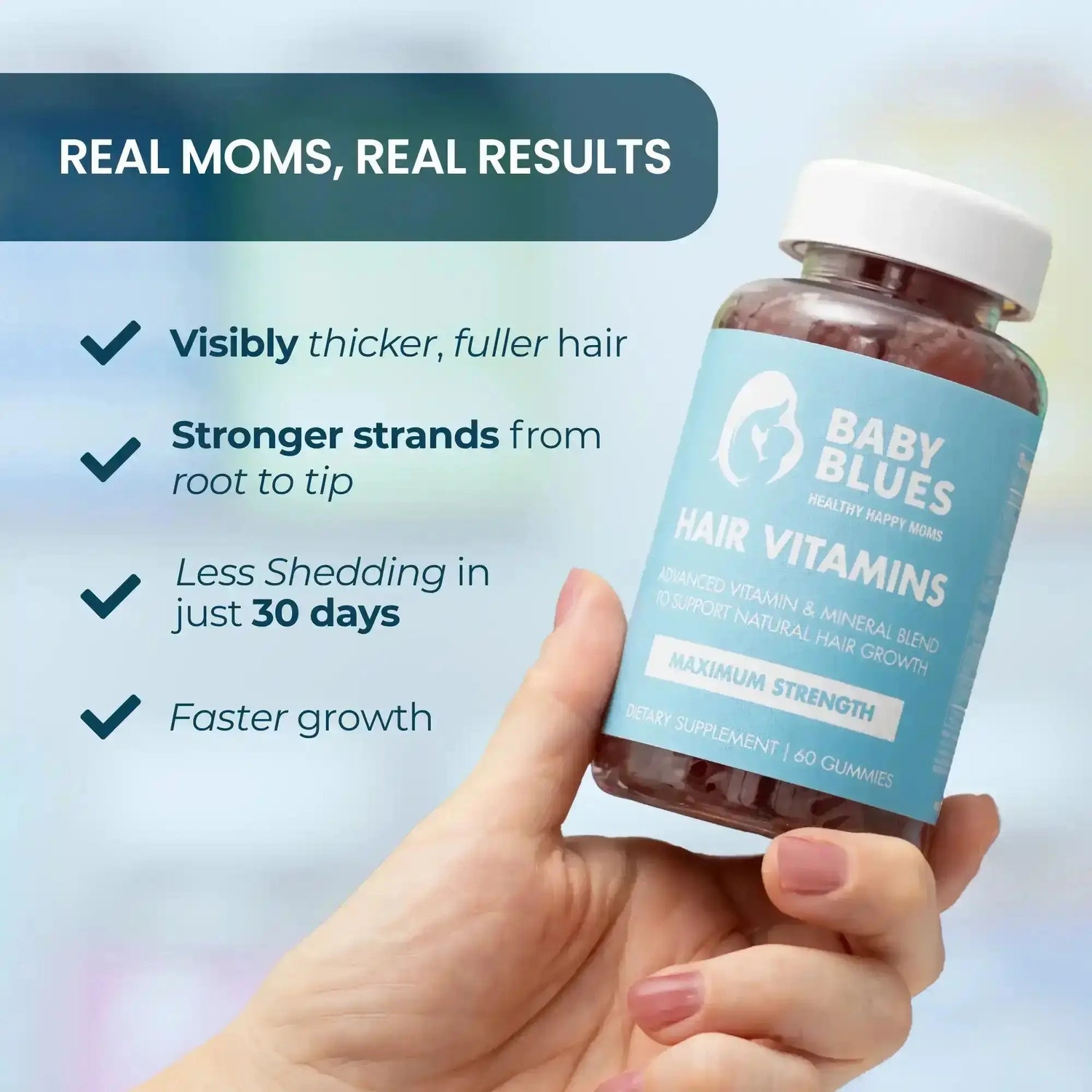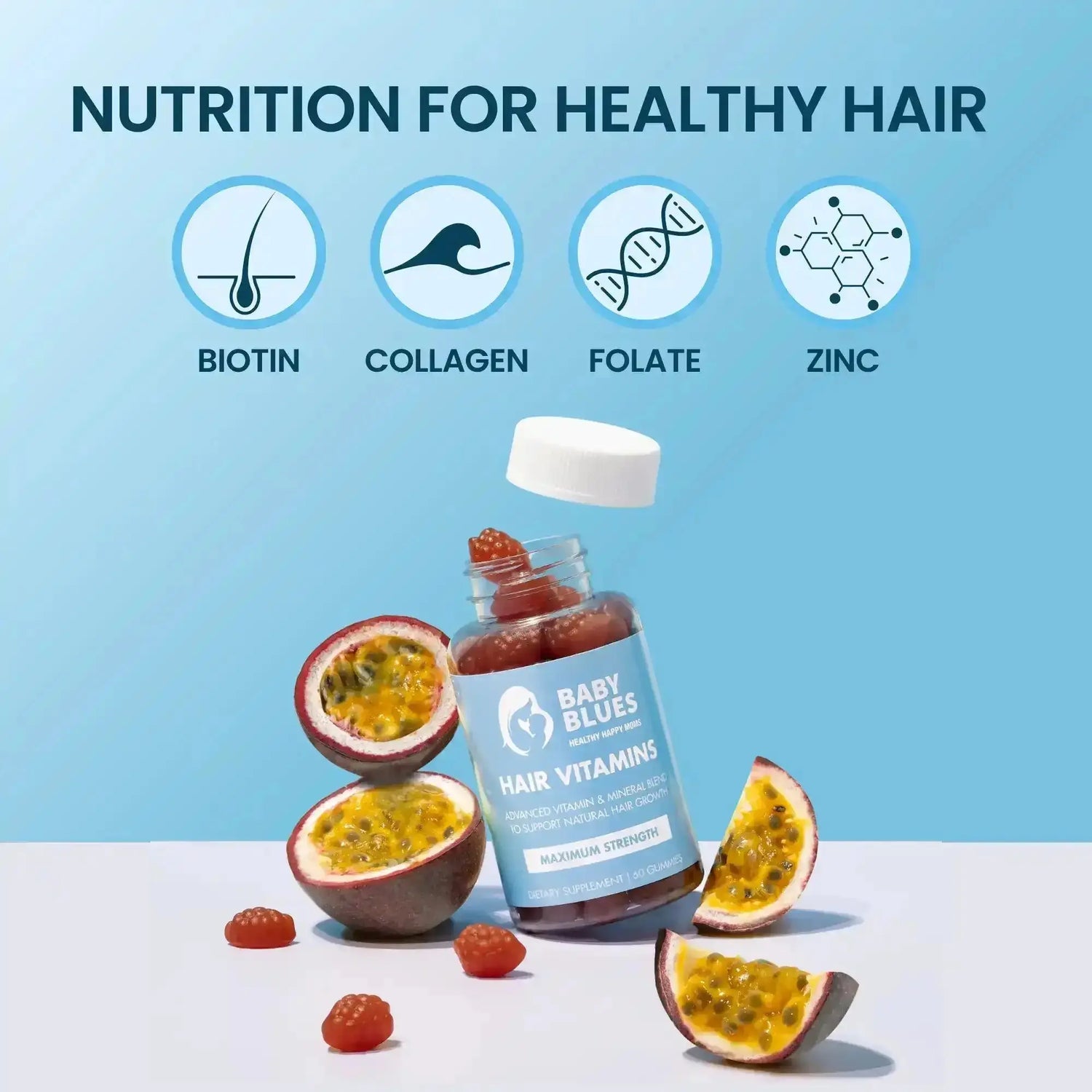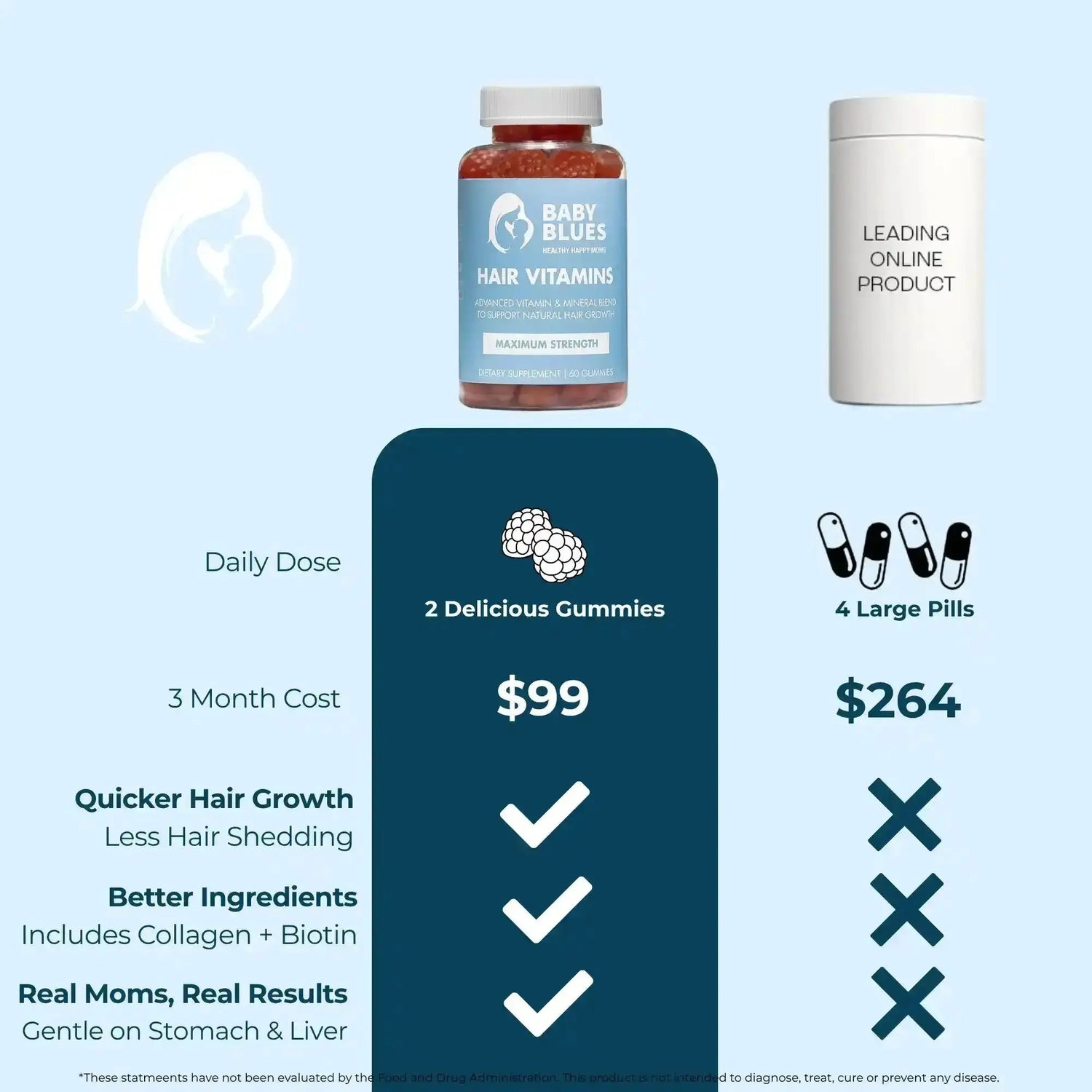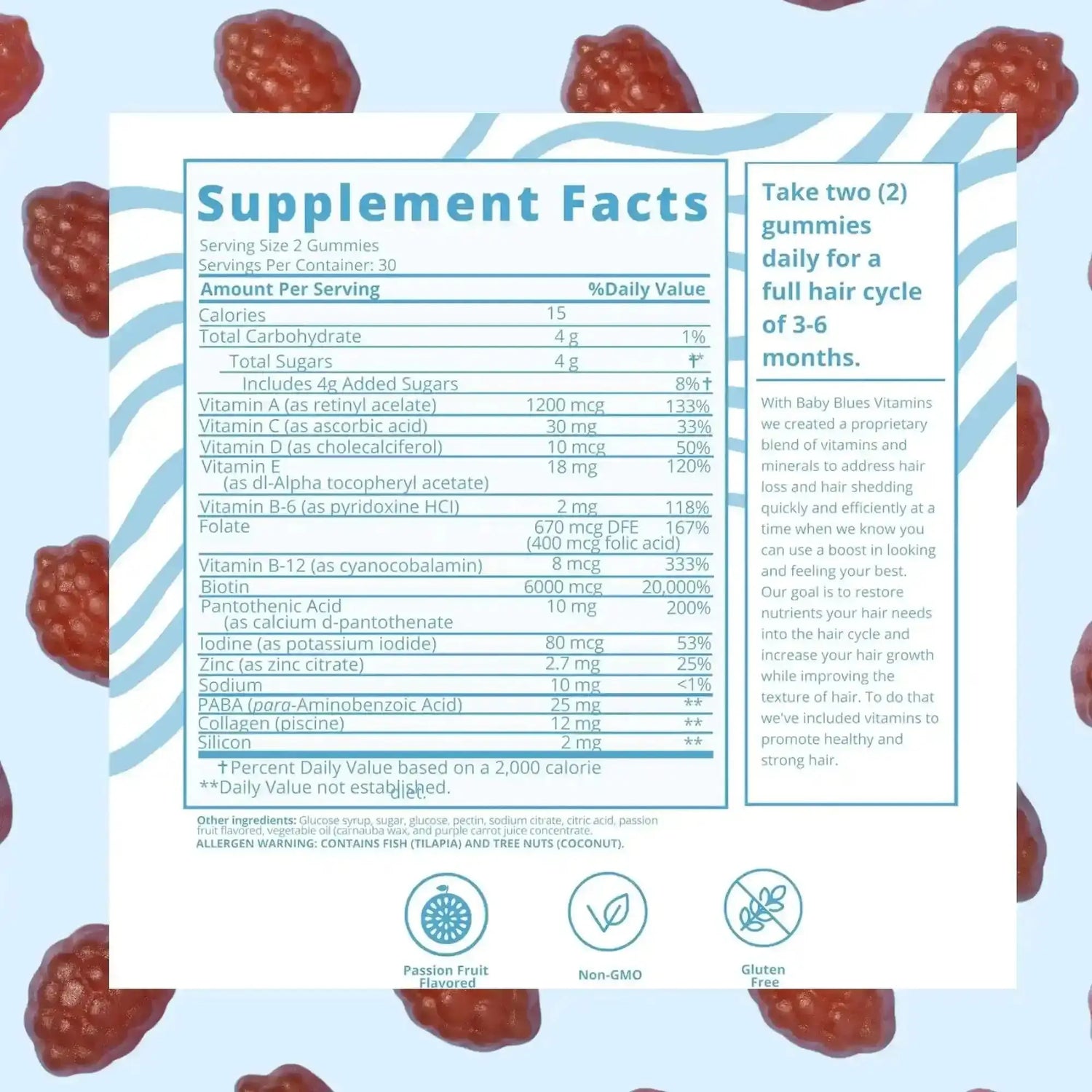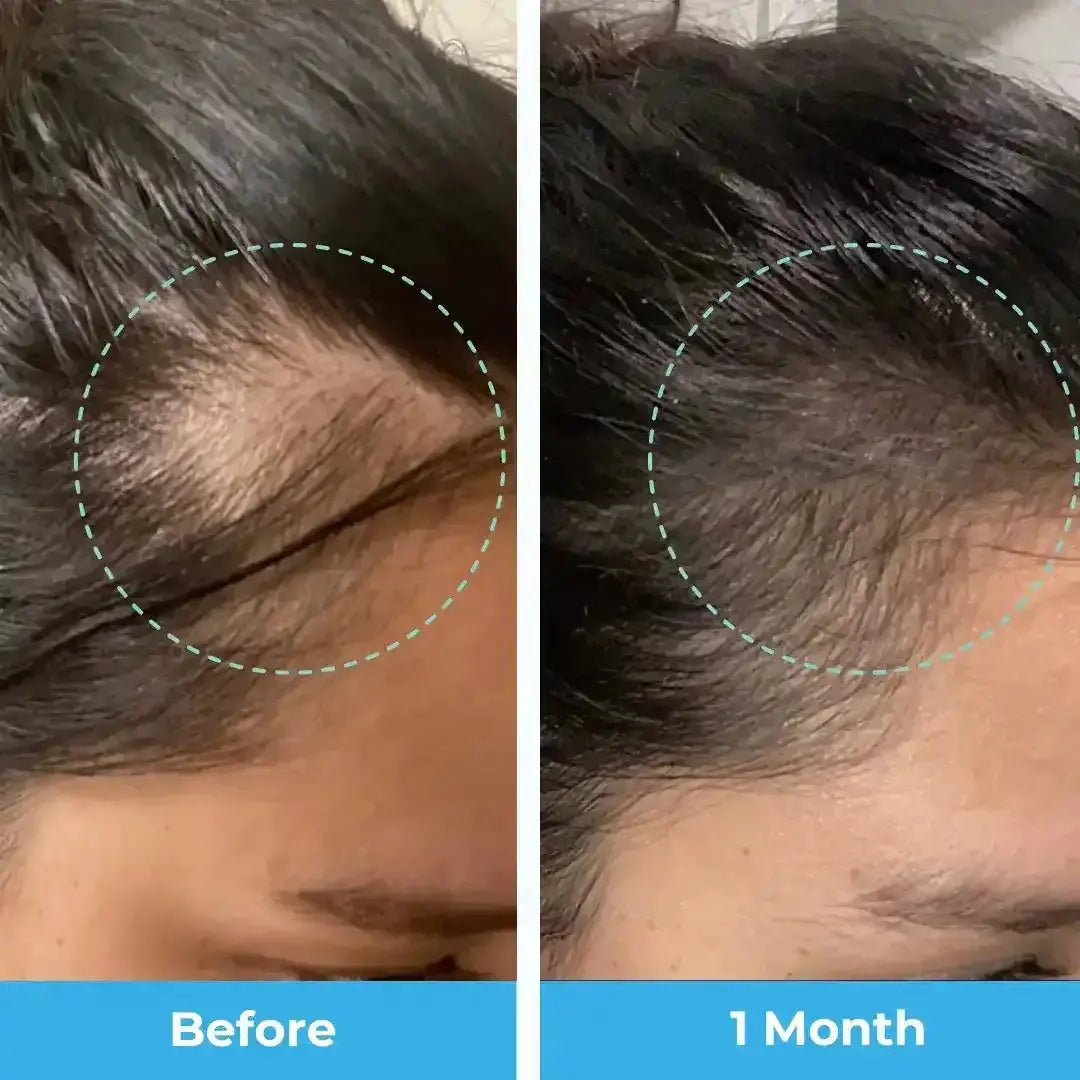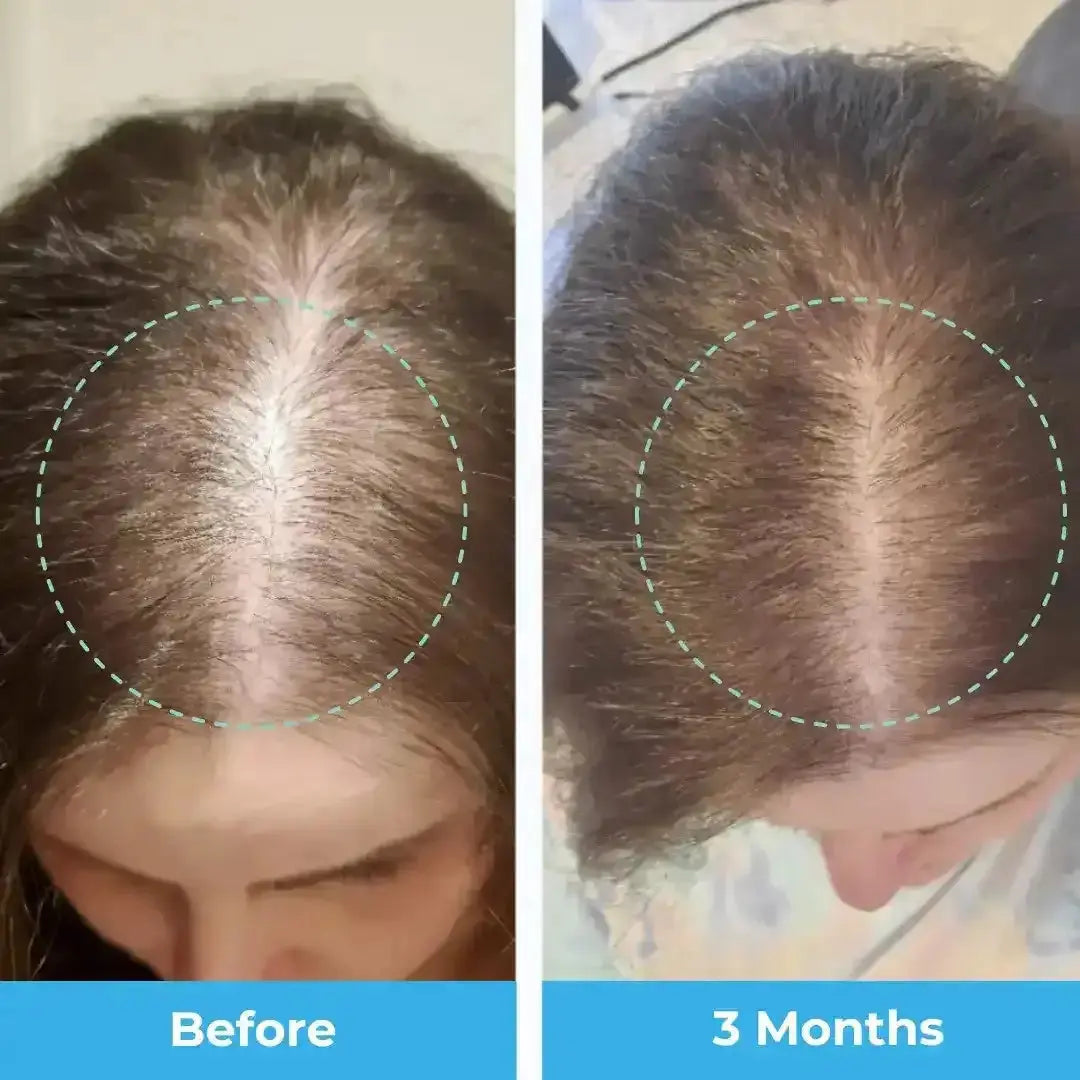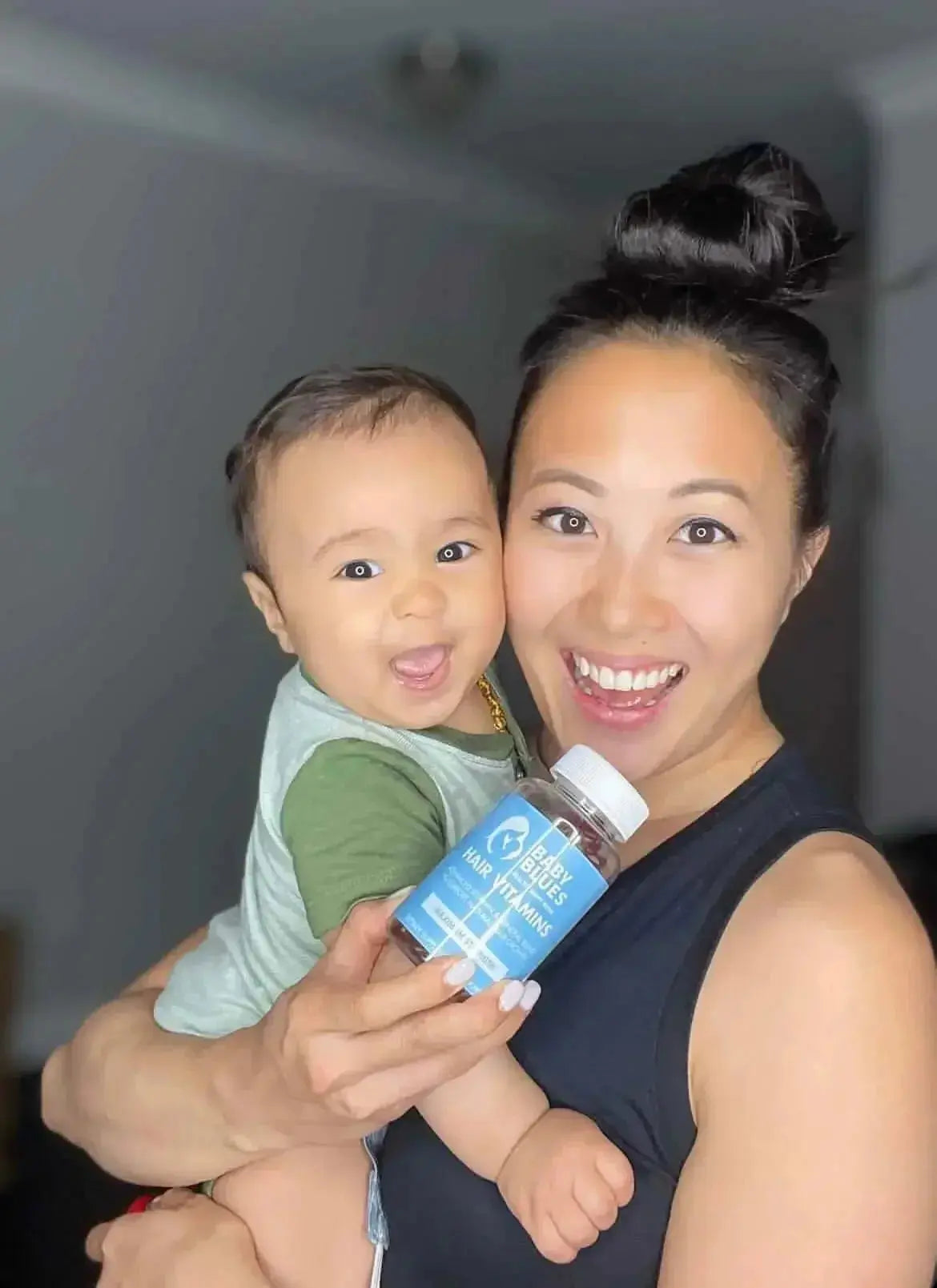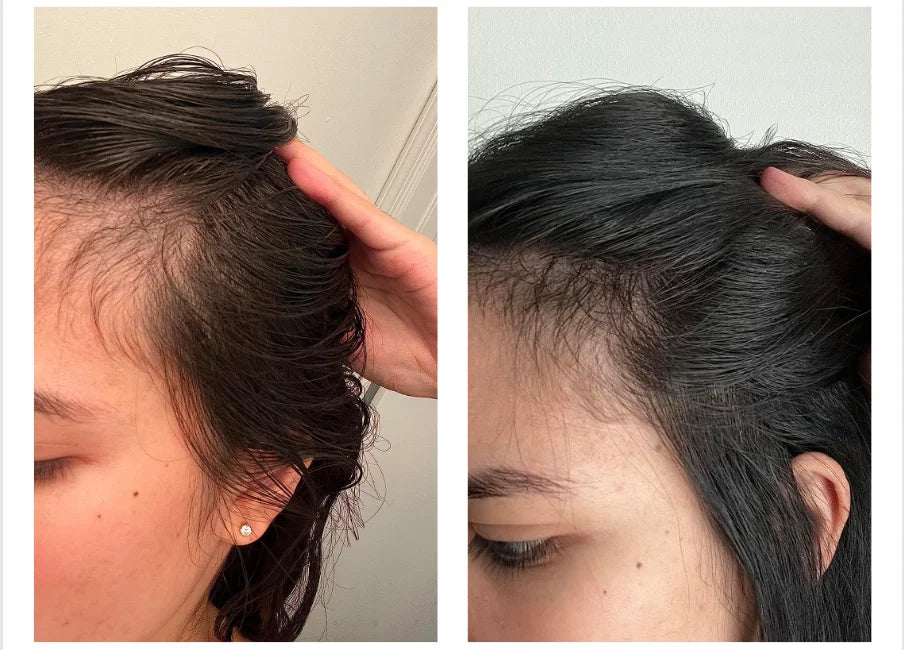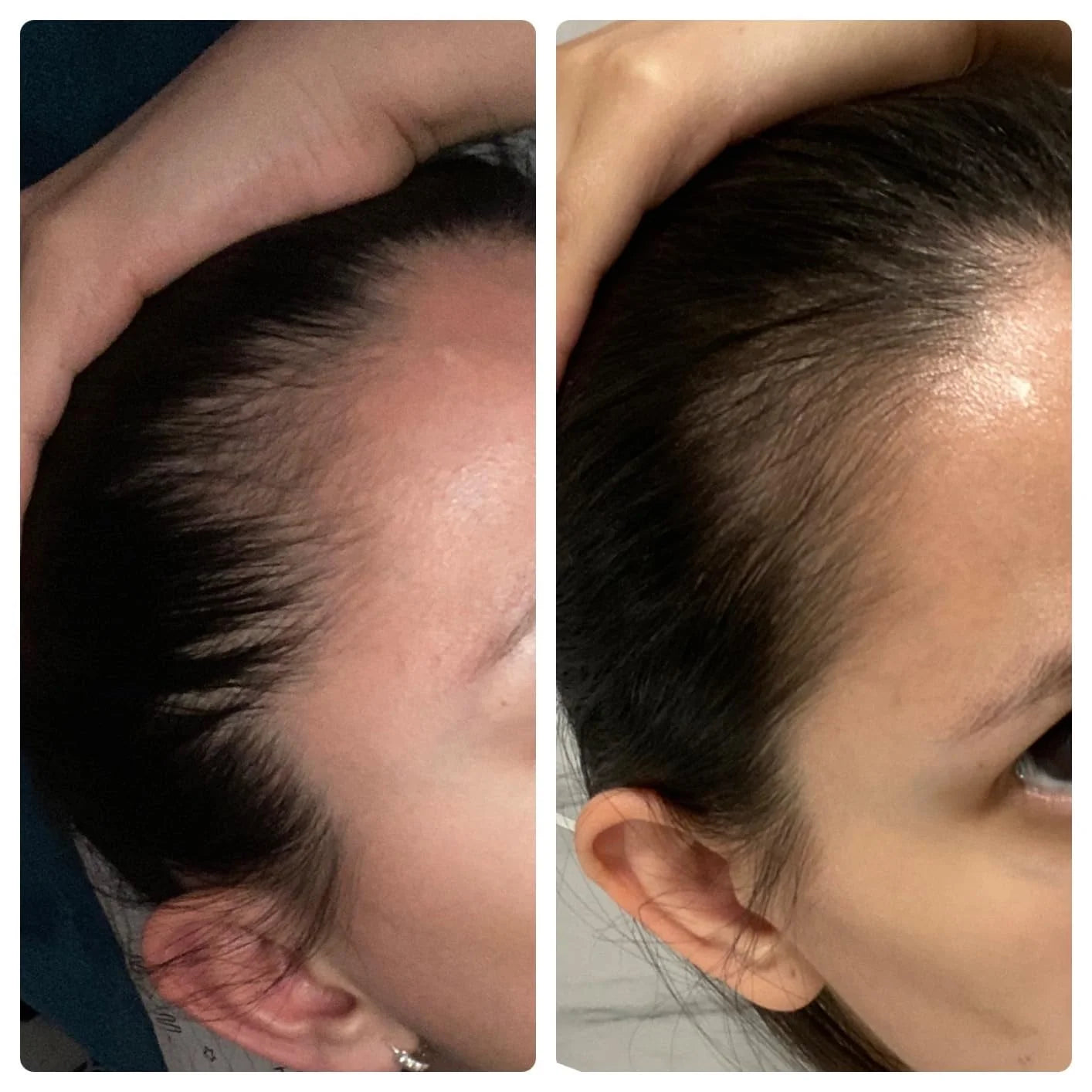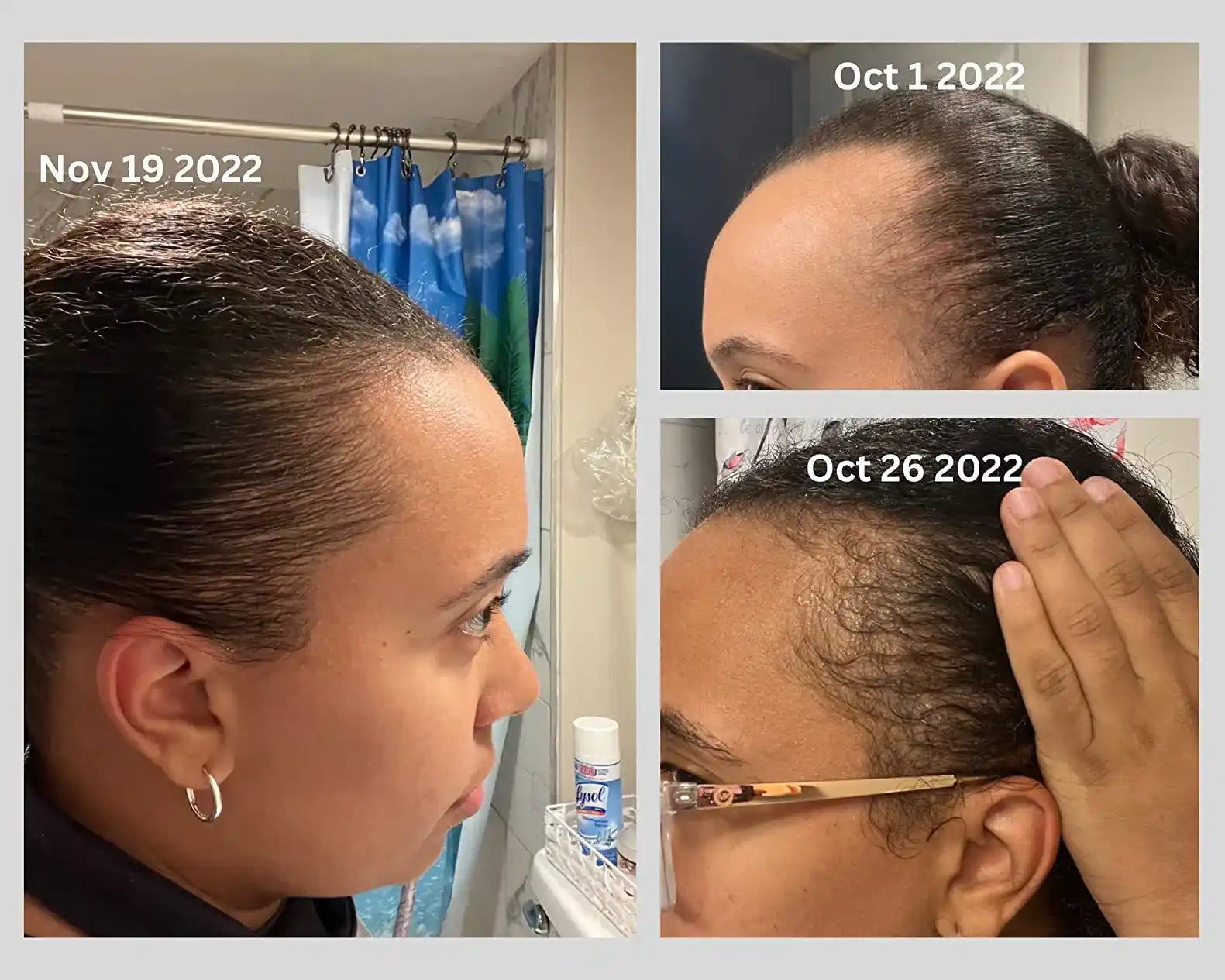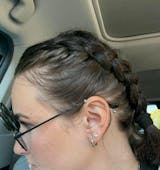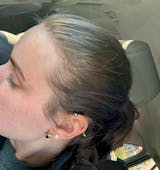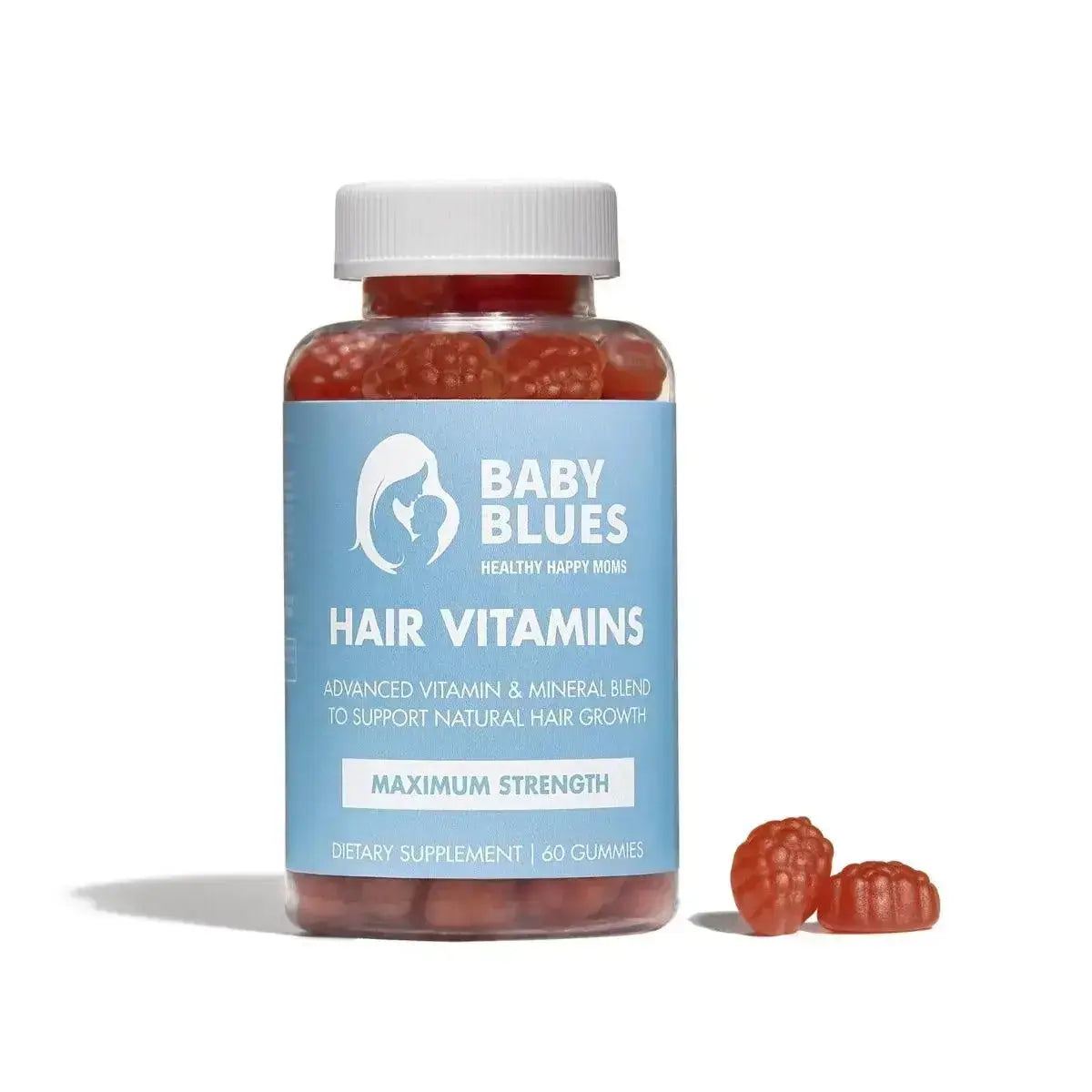
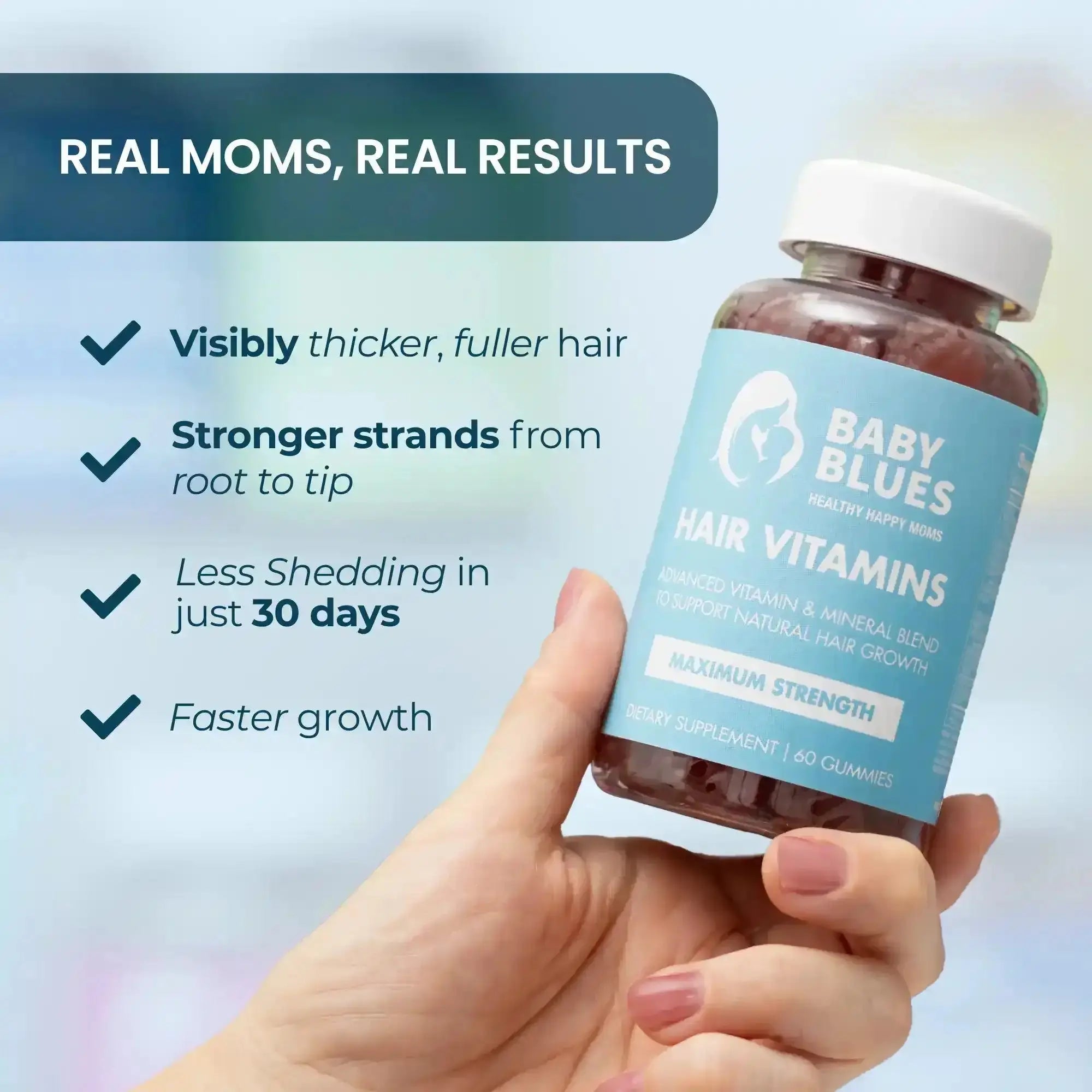
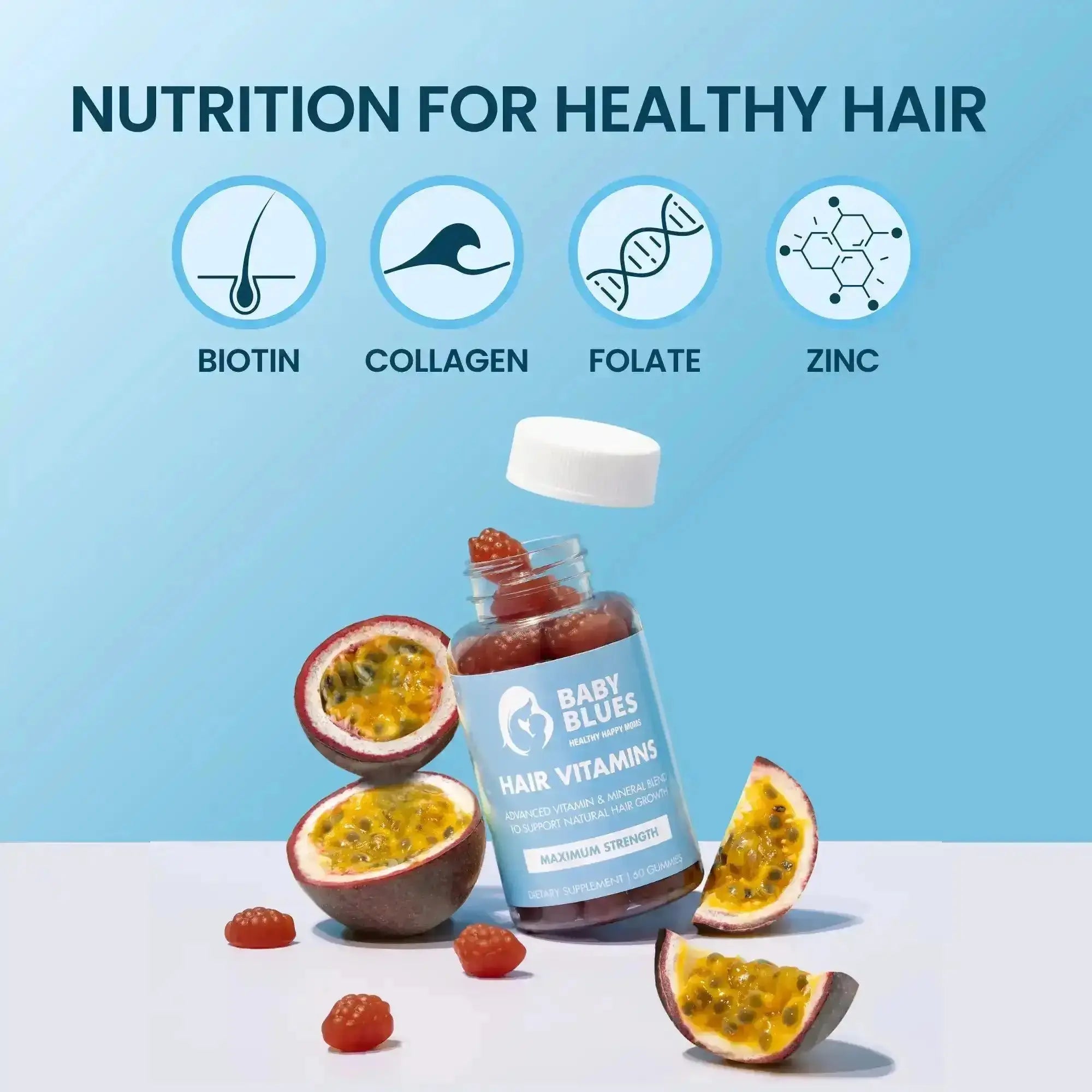
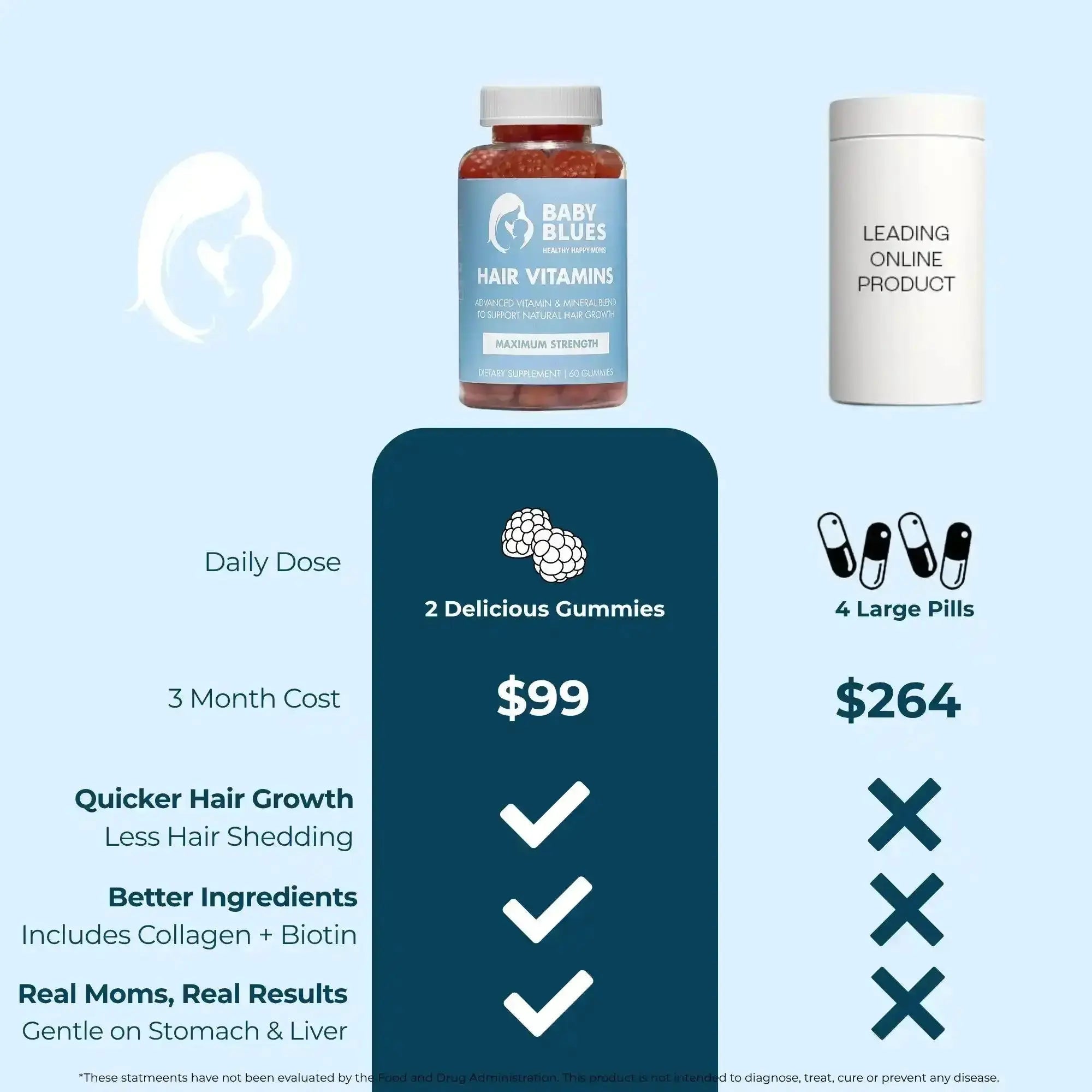
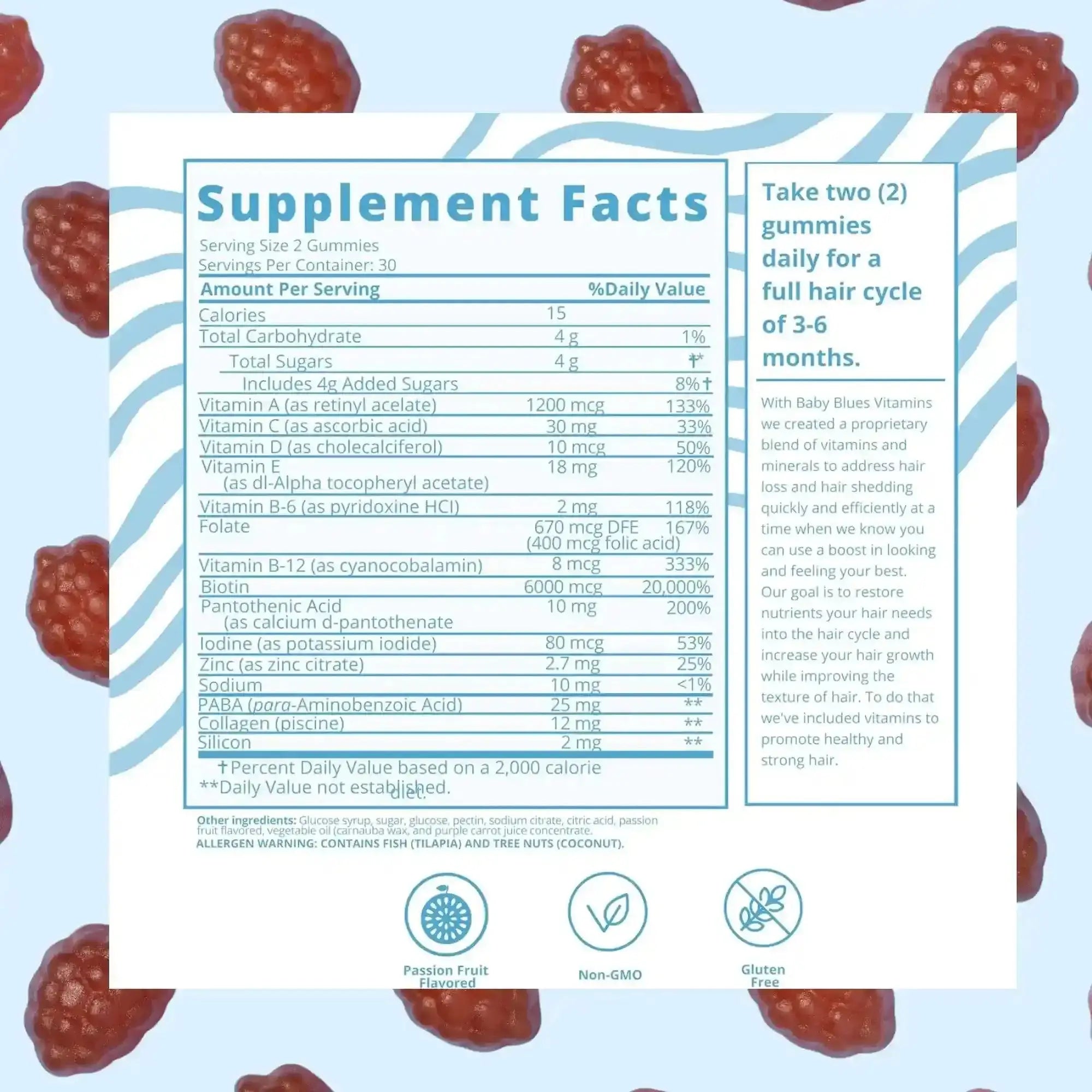
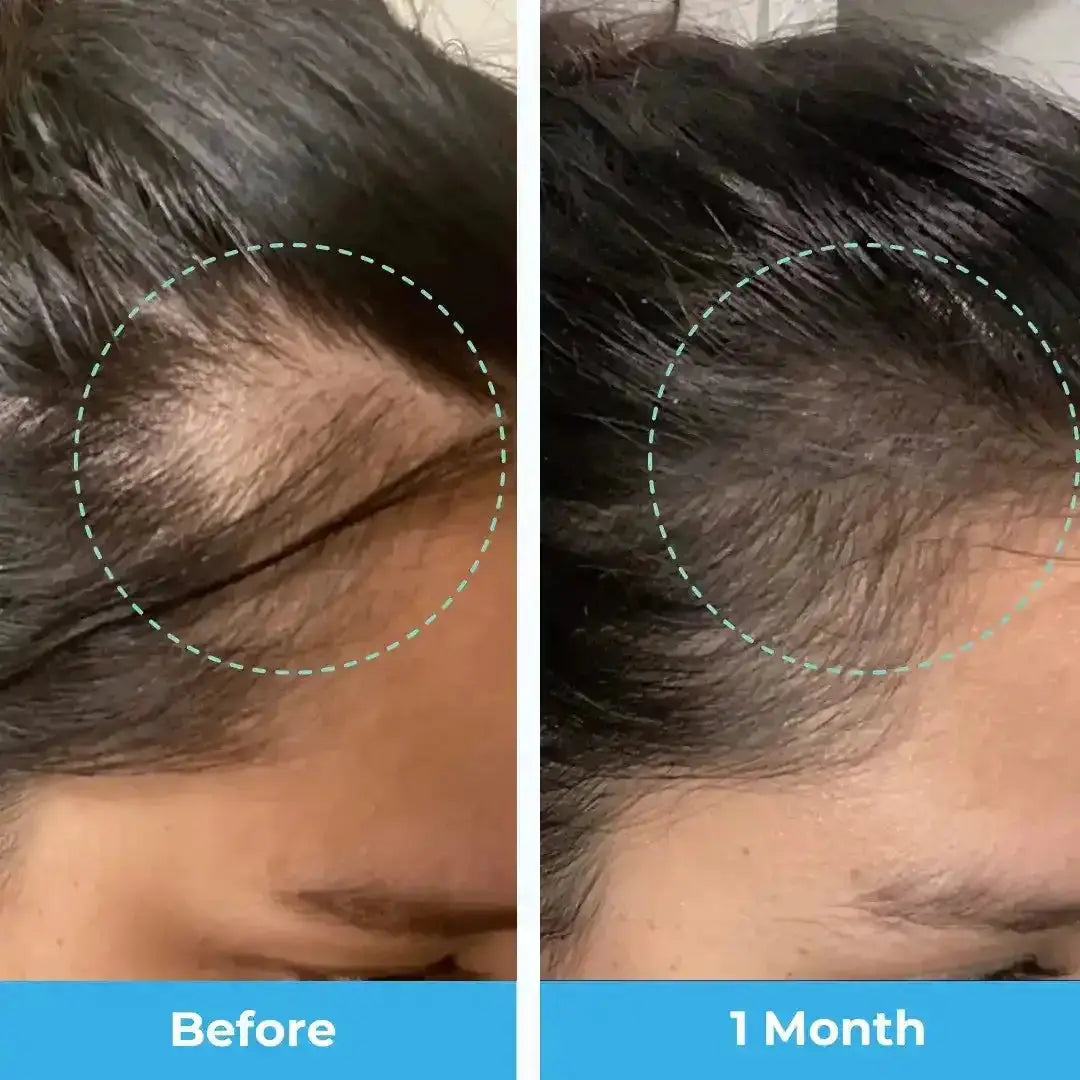
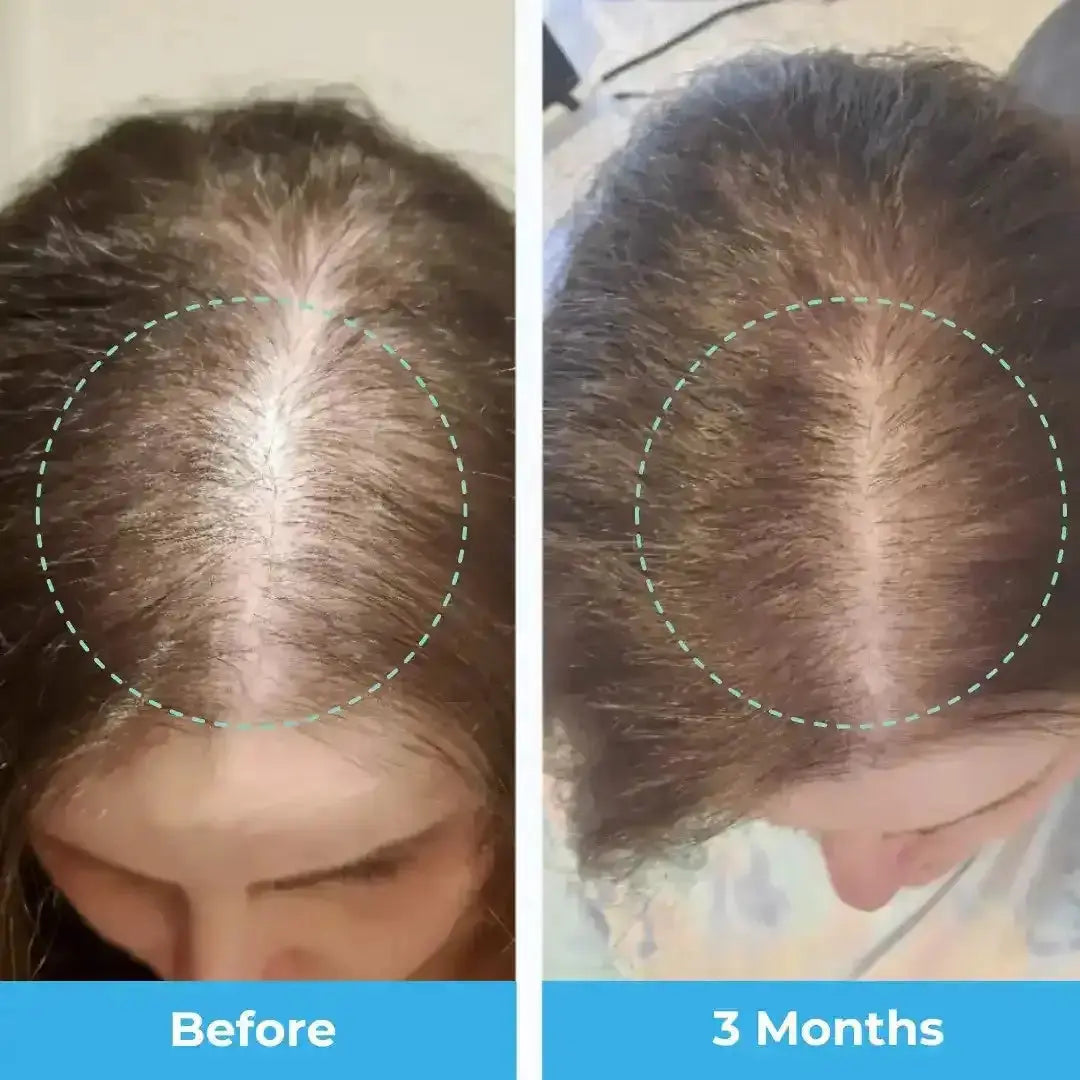
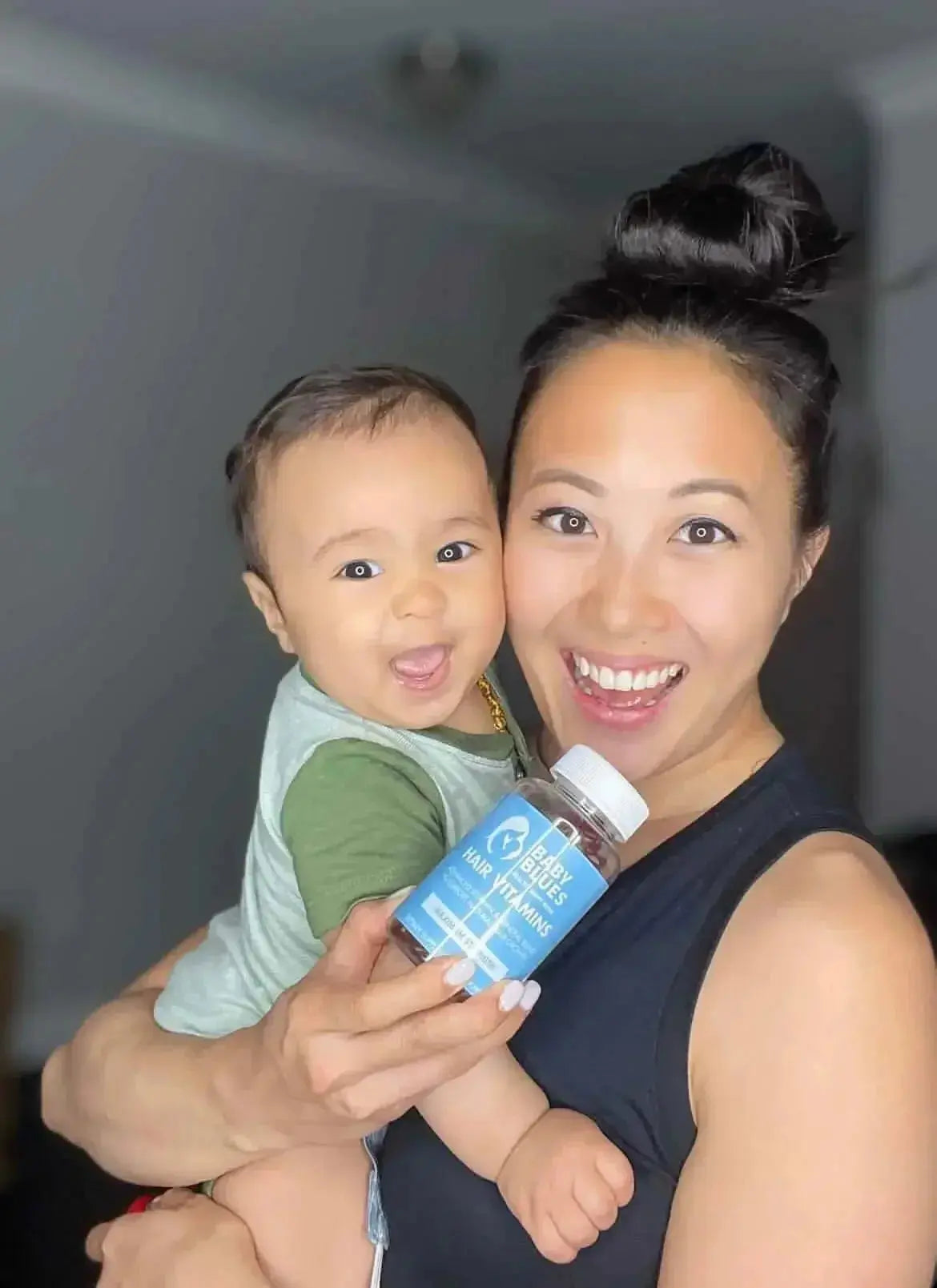
Results That Speak for Themselves
How Baby Blues are different?
Intstant Savings with Bundles

Quick view
Postpartum Hair Loss Vitamins
-
Regular price
-
$33.00
-
Regular price
-
$33.00
-
Sale price
-
$33.00
- Regular price
-
$33.00 - Regular price
-
$33.00 - Sale price
-
$33.00
Quick view
Apple Cider Vinegar Gummies
-
Regular price
-
$25.00
-
Regular price
-
-
Sale price
-
$25.00
- Regular price
-
$25.00 - Regular price
-
- Sale price
-
$25.00
Quick view
Mom's Multi Daily MultiVitamin Gummies
-
Regular price
-
$26.00
-
Regular price
-
$29.00
-
Sale price
-
$26.00
- Regular price
-
$26.00 - Regular price
-
$29.00 - Sale price
-
$26.00
Quick view
Green Goddess Gummies
-
Regular price
-
$27.00
-
Regular price
-
-
Sale price
-
$27.00
- Regular price
-
$27.00 - Regular price
-
- Sale price
-
$27.00
Quick view
Mom Probiotics
-
Regular price
-
$29.00
-
Regular price
-
$29.00
-
Sale price
-
$29.00
- Regular price
-
$29.00 - Regular price
-
$29.00 - Sale price
-
$29.00
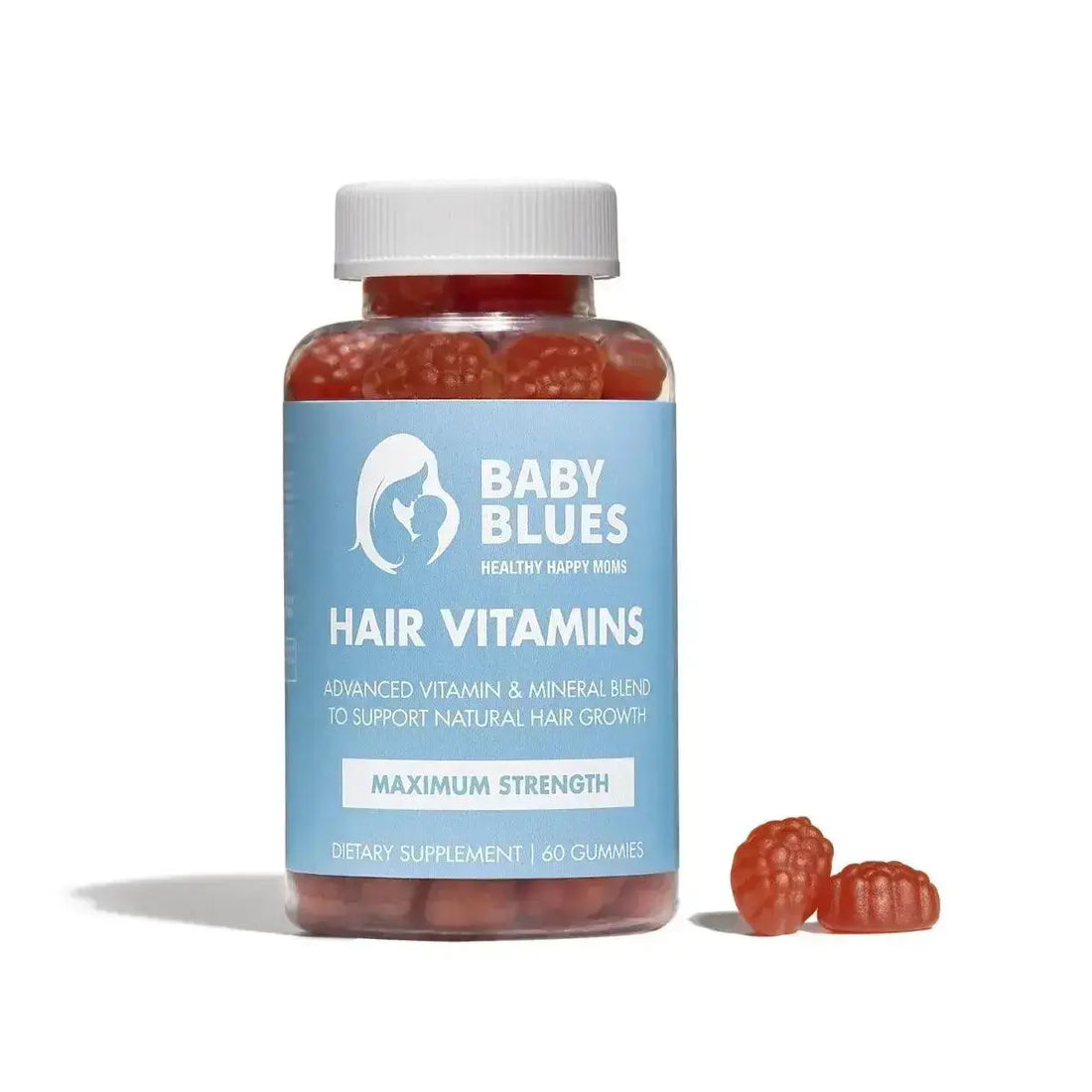
- Regular price
-
$33.00 - Regular price
-
$33.00 - Sale price
-
$33.00

- Regular price
-
$25.00 - Regular price
-
- Sale price
-
$25.00

- Regular price
-
$26.00 - Regular price
-
$29.00 - Sale price
-
$26.00
Any Questions?
View FAQsYes, Baby Blues vitamins are safe for breastfeeding moms. All our formulas are carefully crafted with ingredients that are safe during breastfeeding. However, we always recommend consulting with your healthcare provider before starting any new supplement, especially if you're nursing. Your doctor can provide personalized guidance based on your individual health needs.
Baby Blues vitamins are made by mixing key ingredients like biotin, collagen, and folate into a pectin base, similar to a recipe for making gummies. The mixture is then processed to create the final gummy form, which is then dried and packaged. Different versions, like the Brightside D3 gummies, use a similar process with specific ingredients, such as a pectin base for vegan-friendly, gelatin-free gummies made in the USA.
We are proud to ship throughout the US and internationally from Honolulu, HI! For our shipments, we use priority shipping through USPS. You can track your package from when it leaves us through its final destination.
Baby Blues stands out in several ways: We were created by a mom who experienced postpartum challenges firsthand. Our formulas are backed by thousands of verified customer reviews and real results. We use premium, clinically studied ingredients in delicious fruit-flavored gummies that are easy to take daily. Beyond postpartum support, we offer a complete wellness system for all stages of motherhood—from hair and beauty to sleep and digestive health. And most importantly, we're committed to your wellness journey, not just solving one problem.


